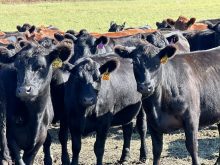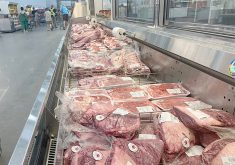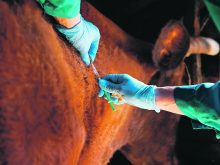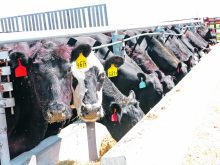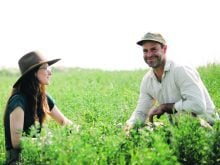Glacier FarmMedia – In the more than 10 years since the Canadian Roundtable for Sustainable Beef was established, it has made progress but also run into challenges.
“It seems like at the start everybody was excited, and there was momentum,” said Ryan Beierbach, chair of the roundtable.
While producer uptake in the program was strong early on, it has petered off, causing concern.
Read Also
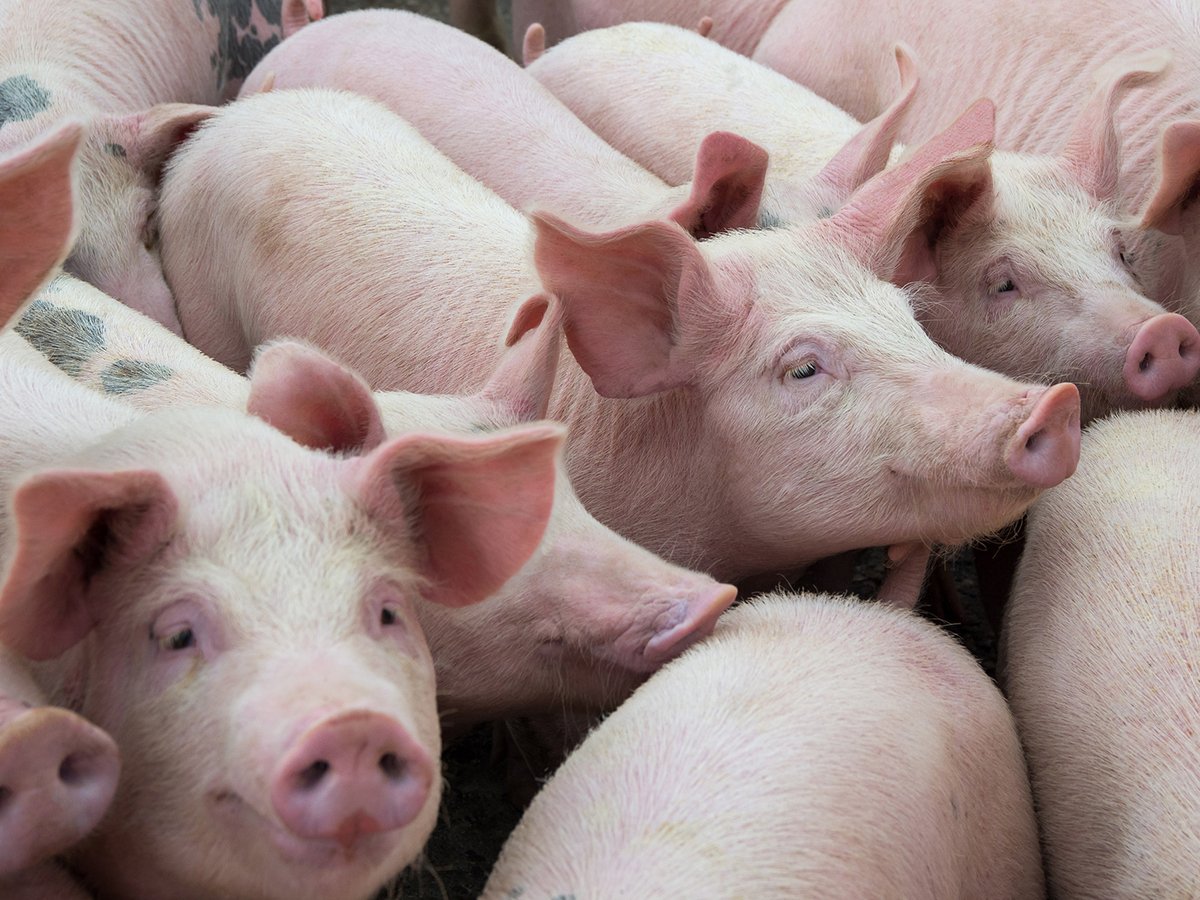
Quebec pork company calls for transparency around gene-edited pigs
Quebec-based pork company duBreton is calling for transparency around meats from gene-edited pigs on concerns that a lack of mandatory labelling will confuse consumers, and dilute certification claims. The organic sector is also calling for labelling rules.
On the food service side, the opposite is true — there is more demand than the roundtable can meet. More retailers and restaurants would like to carry certified beef, and customers have also expressed interest.
“They’d like to see more producers sign up to help deal with the supply issue, but we haven’t figured out how to get enough supply to meet what the retailers are looking for,” says Beierbach.
“The idea would be, (producers) see value in it and talk to their friends and say, ‘this program is working well because I’m getting paid,’ and it also tells the good news story about Canadian beef.’”
The roundtable relies on third parties to conduct audits on sustainability standards and certify an operation.
Cattle from certified operations are traced through the supply chain using Canada’s radio frequency identification traceability system.
Food service distributors, retailers and restaurants can source beef that meets the roundtable’s requirements and market it with a “CRSB Certified” logo and claim.
However, the audit can be a barrier. Hearing an audit is required can give some farmers and ranchers cold feet. Others balk at the cost.
There are programs at the provincial level that will reimburse producers for at least some of their audit costs.
Producers may run into issues when tracking cattle through the Canadian Cattle Identification Agency, and Beierbach says they should make sure they check the box that allows tracking.
Producers can track their cattle through the agency’s website and contact the agency if there’s an issue.
“In a lot of cases, I talked to producers that are frustrated because they haven’t got through the supply chain, and there’s a good chance that that’s because they maybe missed a step or something happened that the information didn’t go through.”
The roundtable is working to get more producers involved, with board members going to meetings and events, as well as ensuring producers know how to become certified and what the benefits may be.
There are many incentives available to help sway producers toward becoming certified.
Farm Credit Canada has a sustainability incentive program for producers who have loans with the organization.
Customers who are certified through Verified Beef Production Plus, Ontario Corn Fed Beef or Where Food Comes from Canada can receive up to $2,000. Cargill also has an incentive program.
The roundtable currently collects three cents a pound on certified beef. Beierbach says it wants to put that toward another producer incentive starting in 2026.
The roundtable is also planning a marketing campaign to share some of the Canadian beef industry’s success with the Canadian public, he adds.
With the high demand for certified sustainable beef, Beierbach sees an opportunity to connect with the consumer.
“We’ve got retailers and food service that want to pay for the product and use it to help us tell our story and talk about the good things we’re doing,” he says, adding there’s an opportunity to improve people’s perceptions of beef.
However, without supply to meet customer demand, it is harder to tell that story.
“What I think producers miss a lot of the time is it allows us to kind of push back when somebody or an organization says that beef is damaging the environment or you need vegetarian diets to help save the planet,” Beierbach says.
“This is where we can talk about the good things that the beef industry is doing, and we have organizations from outside of the supply chain that really add credibility.”







